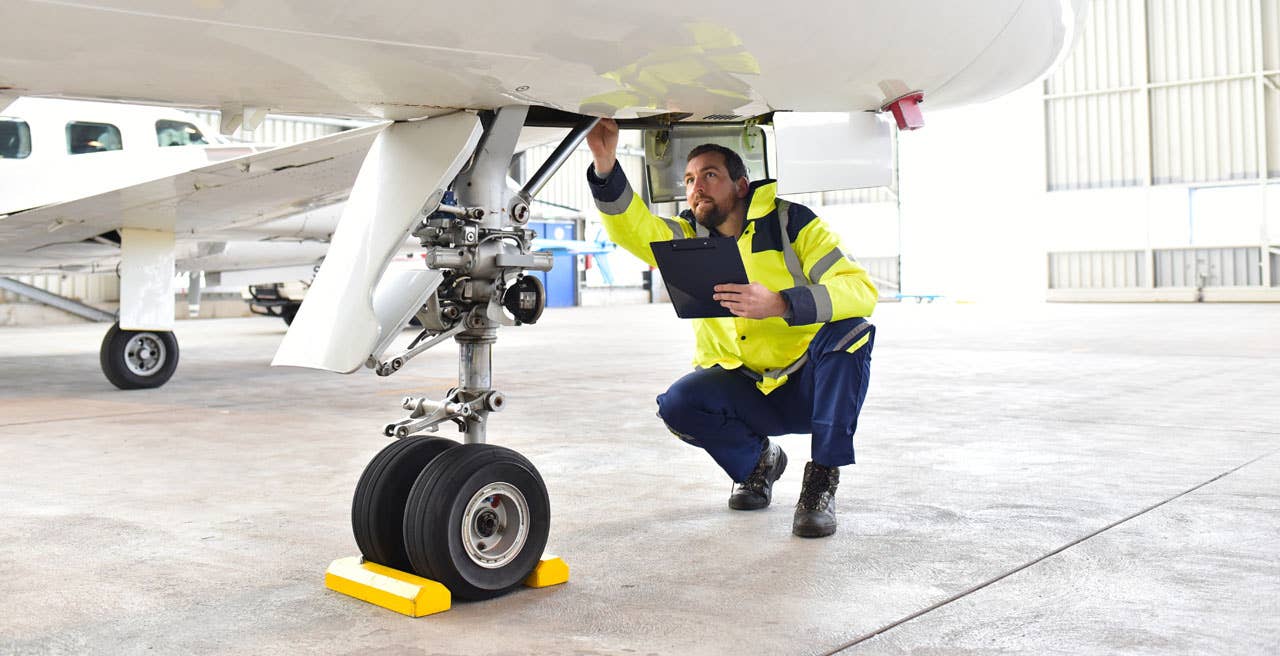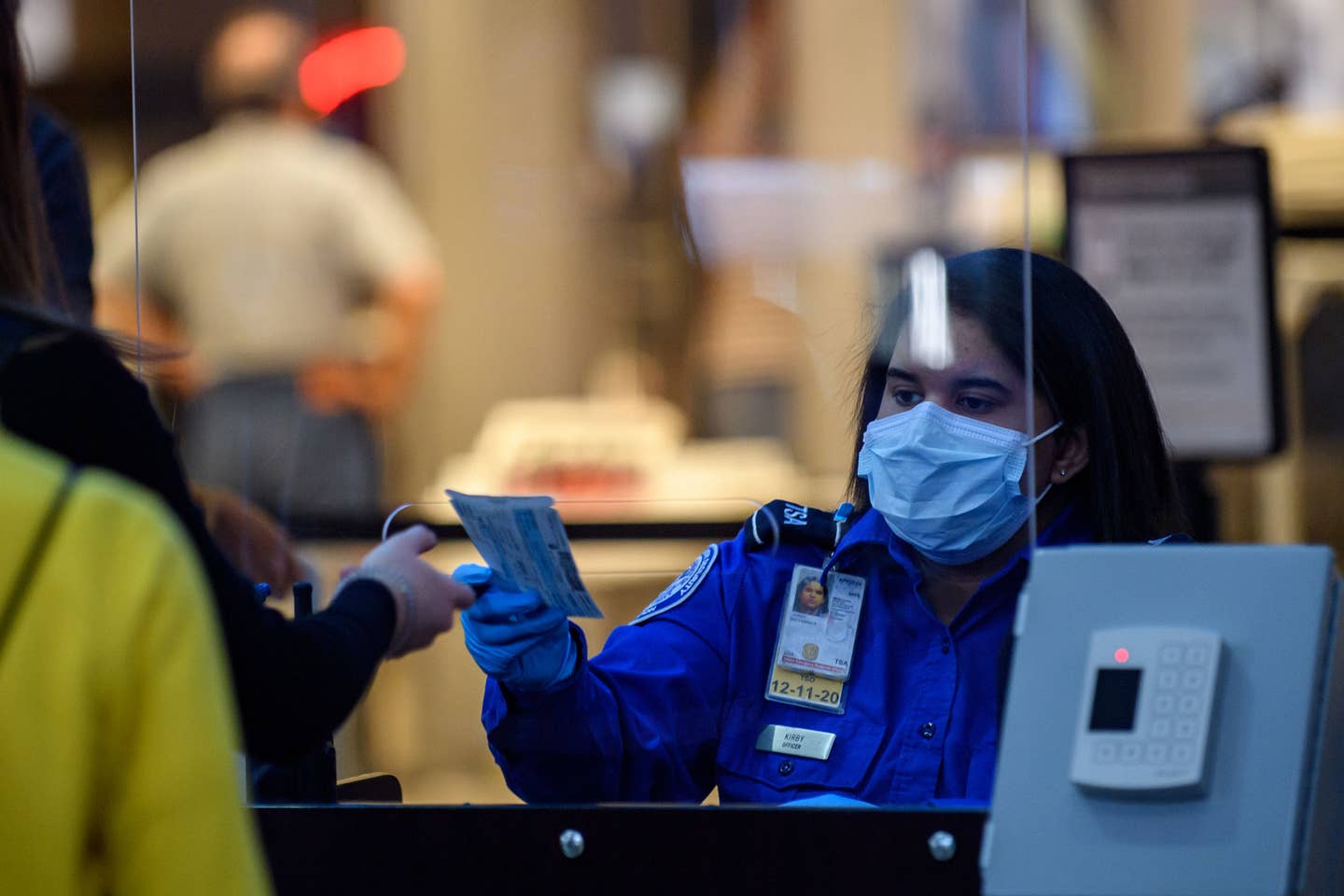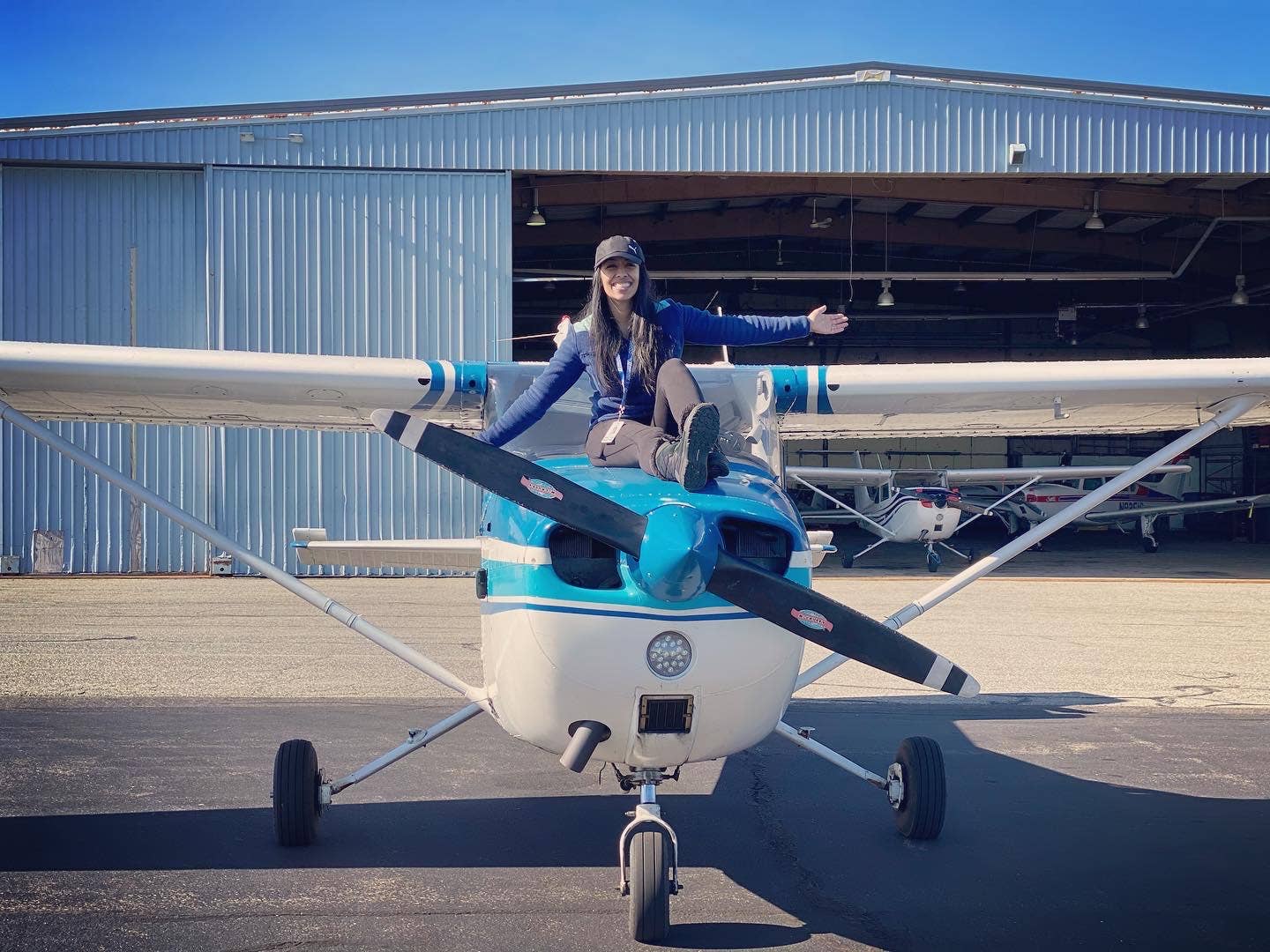NASA Says Study All But Worthless
Well, suppose they held an aviation safety study and nobody (except, perhaps, one particularly ticked-off news agency) cared? NASA Administrator Michael Griffin told a news conference today that it has no intention of trying to glean anything meaningful from a four-year, $11.3 million survey of pilots on air safety and that if anyone else wants to wade through the 16,000 pages of gap-filled responses they’re welcome to. Oh, and he doesn’t expect them to find anything. “It’s hard for me… to see any data here that the traveling public would care about or ought to care about,” he told puzzled reporters who thought they might be covering a press conference about aviation safety. Instead they witnessed the political lid being firmly closed on an issue that has dogged NASA for two months and which Griffin clearly wanted no more part of. The release of the data came after a heavily publicized series of stories by The Associated Press on NASA’s refusal to release the documents under a freedom of information request. The normally staid news agency made it clear it was less than satisfied with the culmination of its investigation.

 Well, suppose they held an aviation safety study and nobody (except, perhaps, one particularly ticked-off news agency) cared? NASA Administrator Michael Griffin told a news conference today that it has no intention of trying to glean anything meaningful from a four-year, $11.3 million survey of pilots on air safety and that if anyone else wants to wade through the 16,000 pages of gap-filled responses they're welcome to. Oh, and he doesn't expect them to find anything. "It's hard for me... to see any data here that the traveling public would care about or ought to care about," he told puzzled reporters who thought they might be covering a press conference about aviation safety. Instead they witnessed the political lid being firmly closed on an issue that has dogged NASA for two months and which Griffin clearly wanted no more part of. The release of the data came after a heavily publicized series of stories by The Associated Press on NASA's refusal to release the documents under a freedom of information request. The normally staid news agency made it clear it was less than satisfied with the culmination of its investigation. [more] The AP said NASA "begrudgingly" released the material and suggested it's purposely making it hard for anyone else to sort through the data. "It published the findings in a format (PDF) that made it cumbersome for any thorough analysis by outsiders," the AP account reads. "NASA did not provide documentation on how to use its data, nor did it provide keys to unlock the cryptic codes used in the dataset." Griffin defended the PDF release, saying it ensures the material can't be edited, and said NASA always releases information this way. However, the AP says there are plenty of easy-to-analyze documents in NASA's extensive online archive. Regardless of the AP's disappointment, Griffin said the study suffered from flawed methodology, was never properly reviewed and simply can't be trusted as a snapshot of air safety. He suggested the FAA agrees with that assessment and will not be analyzing the data in isolation but rather as part of its overall safety data compilation.
Well, suppose they held an aviation safety study and nobody (except, perhaps, one particularly ticked-off news agency) cared? NASA Administrator Michael Griffin told a news conference today that it has no intention of trying to glean anything meaningful from a four-year, $11.3 million survey of pilots on air safety and that if anyone else wants to wade through the 16,000 pages of gap-filled responses they're welcome to. Oh, and he doesn't expect them to find anything. "It's hard for me... to see any data here that the traveling public would care about or ought to care about," he told puzzled reporters who thought they might be covering a press conference about aviation safety. Instead they witnessed the political lid being firmly closed on an issue that has dogged NASA for two months and which Griffin clearly wanted no more part of. The release of the data came after a heavily publicized series of stories by The Associated Press on NASA's refusal to release the documents under a freedom of information request. The normally staid news agency made it clear it was less than satisfied with the culmination of its investigation. [more] The AP said NASA "begrudgingly" released the material and suggested it's purposely making it hard for anyone else to sort through the data. "It published the findings in a format (PDF) that made it cumbersome for any thorough analysis by outsiders," the AP account reads. "NASA did not provide documentation on how to use its data, nor did it provide keys to unlock the cryptic codes used in the dataset." Griffin defended the PDF release, saying it ensures the material can't be edited, and said NASA always releases information this way. However, the AP says there are plenty of easy-to-analyze documents in NASA's extensive online archive. Regardless of the AP's disappointment, Griffin said the study suffered from flawed methodology, was never properly reviewed and simply can't be trusted as a snapshot of air safety. He suggested the FAA agrees with that assessment and will not be analyzing the data in isolation but rather as part of its overall safety data compilation.






